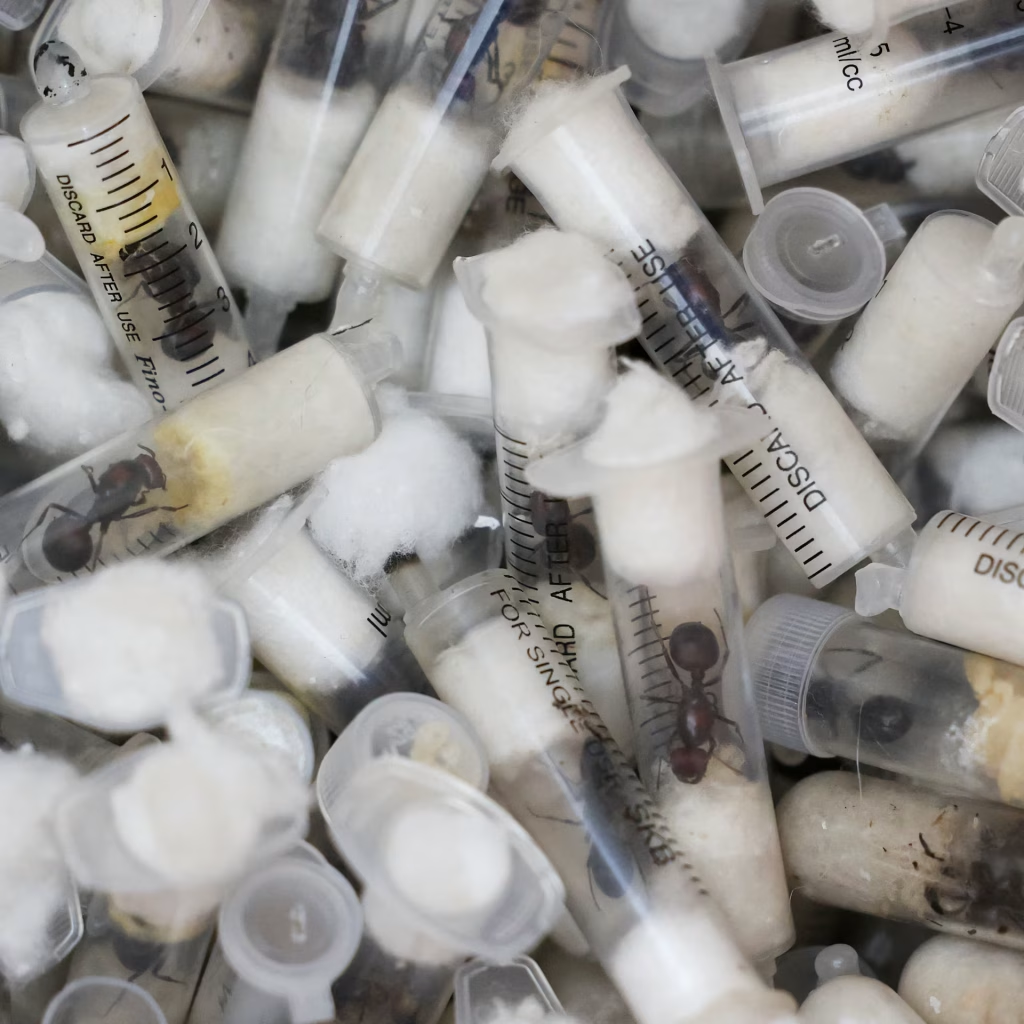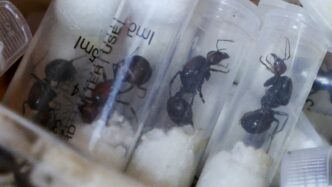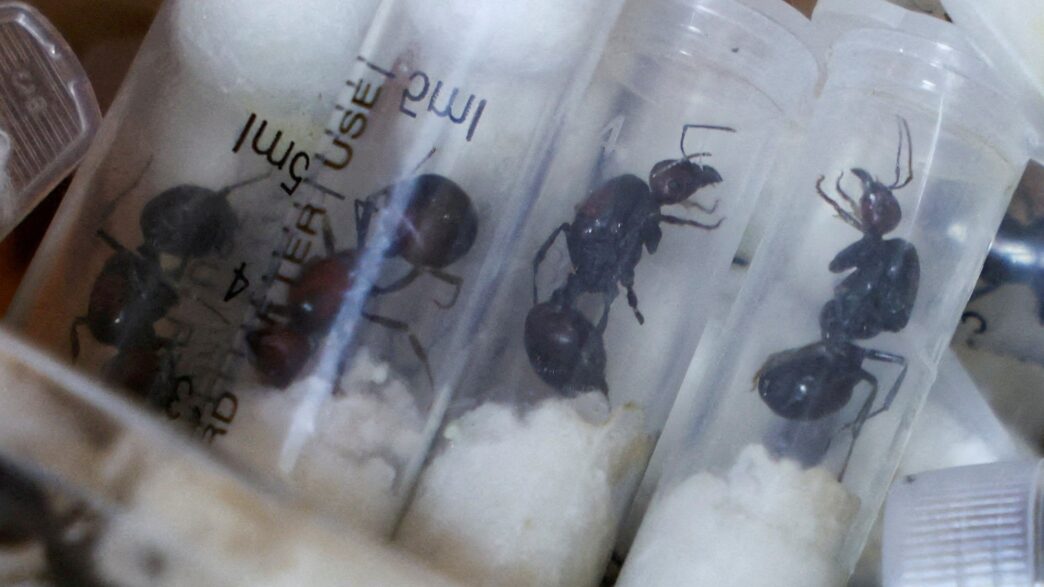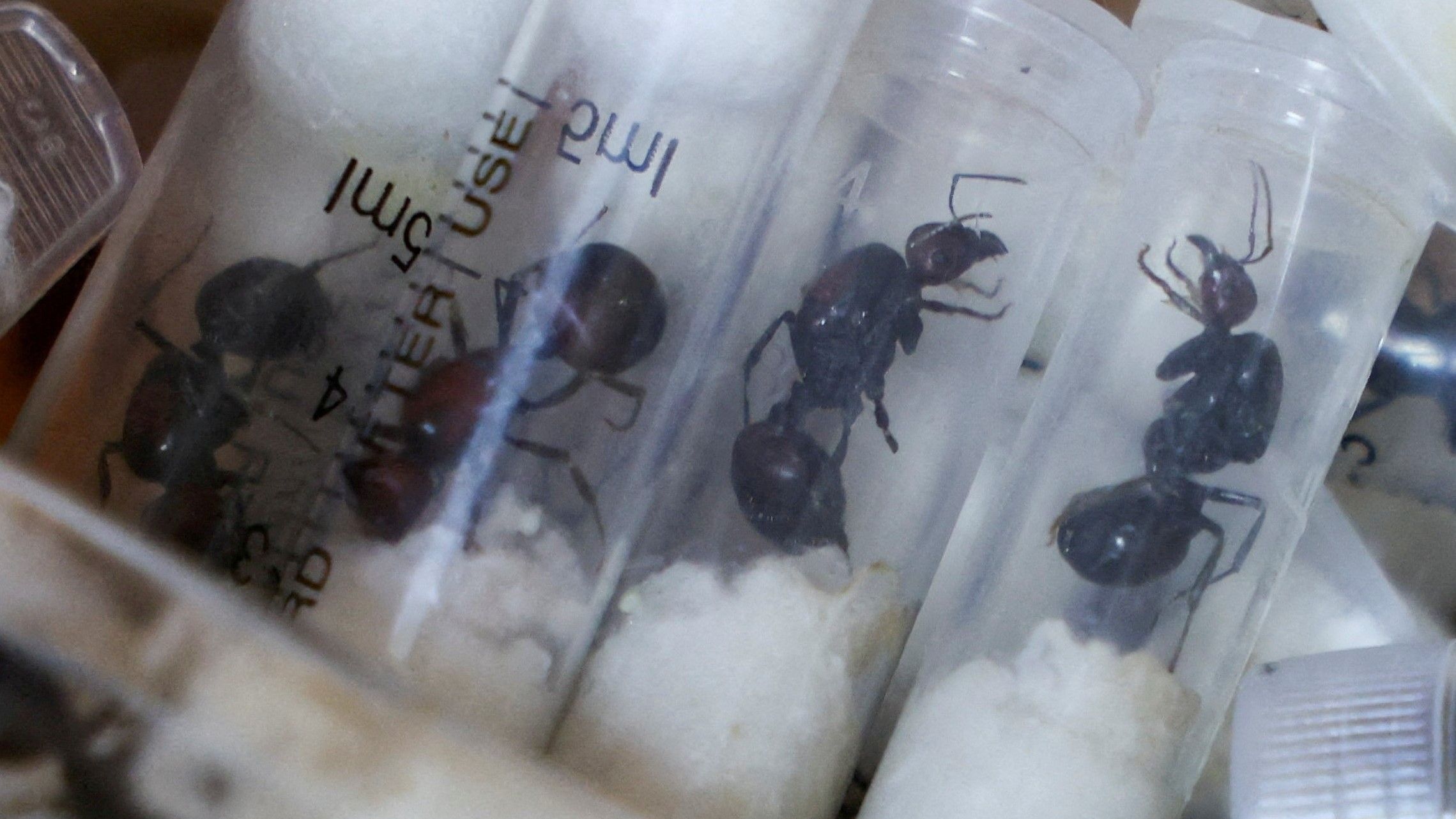A court in Kenya has fined four individuals, including two Belgian teenagers, for attempting to smuggle thousands of live queen ants out of the country. The accused—Belgians Lornoy David and Seppe Lodewijckx, both aged 19, Vietnamese national Duh Hung Nguyen, and Kenyan citizen Dennis Ng’ang’a—were each sentenced to one year in prison or an alternative fine of $7,700 (£5,800) following their arrest on 5 April.
The men were apprehended in two separate incidents, accused of trying to illegally export approximately 5,440 giant African harvester queen ants. These ants are highly valued among hobbyists in Europe, Asia, and North America, where enthusiasts keep ant colonies in clear enclosures known as formicariums to study their intricate social behaviour.

Magistrate Njeri Thuku revealed during the sentencing that the seized ants could potentially fetch over $900,000 on the international market. The court heard that the Belgian teenagers, who had arrived in Kenya on tourist visas and were staying in Naivasha, claimed they were collecting the ants as a hobby and were unaware that their actions were against the law.
Authorities explained that the Belgians were in possession of around 5,000 ants, while the Vietnamese and Kenyan suspects had more than 300 ants between them. The insects were stored in over 2,000 test tubes, each containing cotton wool to maintain the ants’ survival for extended periods.
While considering their pleas and mitigation, the magistrate issued uniform sentences for all four defendants. In Kenya, the giant African harvester ants are protected under international biodiversity conventions, and their trade is strictly regulated to preserve the ecological balance and prevent exploitation.


 Trending
Trending 




